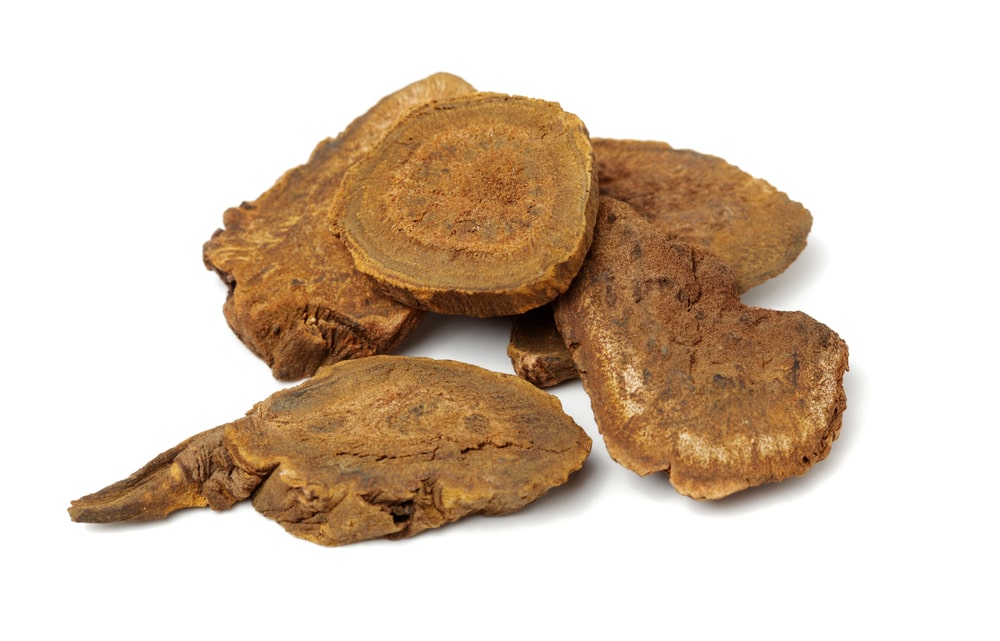
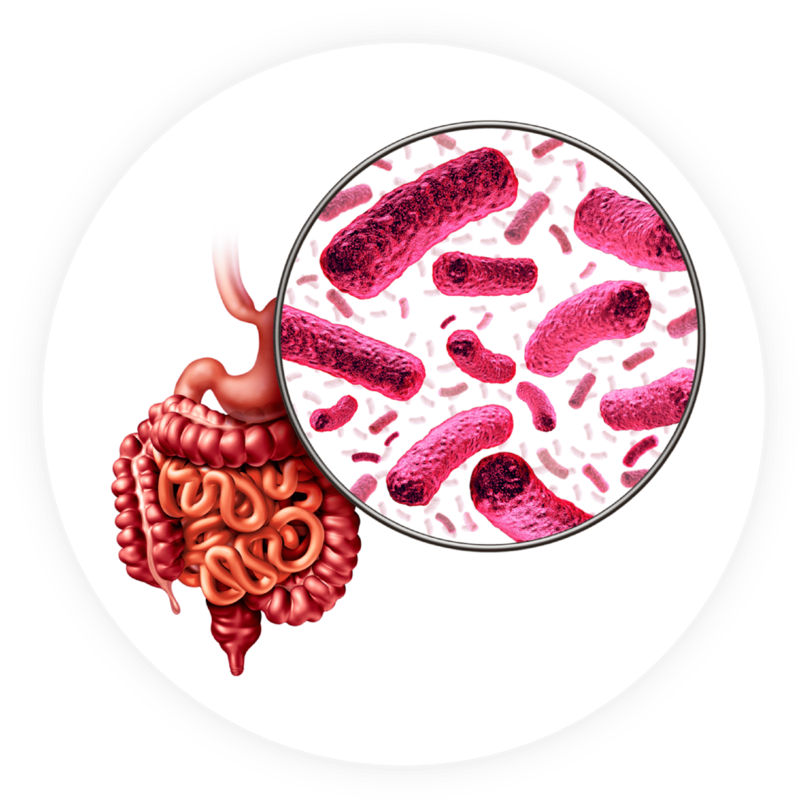
The Importance of Gut Health
It’s a common misconception that all bacteria is bad — but within our bodies, trillions of bacteria, viruses, and fungi thrive and form one huge beneficial microbiome.
We all know that some microbes can be harmful to our health. However, most of the microbes that reside in our bodies are essential to good health, as they are needed in many important bodily functions. Rather than acting as invaders, these microbes act more as beneficial colonizers within our bodies.
Although these microbes can be found in almost every part of your body, the majority live and thrive inside your gut – around 100 trillion of them, to be exact!
But just like in any other ecosystem, there are times when the damaging organisms outnumber the good, causing a negative impact on the entire system. The same holds true within your gut microbiome: when bad bacteria outnumber the good ones, it will have a negative effect on your overall health.

The Downsides of An Imbalanced Gut
Once your system has become overrun by bad bacteria, you may start to feel the following symptoms:
- Bad breath
- Upset stomach
- Nausea
- Constipation
- Bloating
- Diarrhea
- Depression or Anxiety
Over time, you may also start developing serious conditions when your gut is left imbalanced for too long. Here are some of the diseases and conditions that are associated with an imbalanced gut:
LEAKY GUT
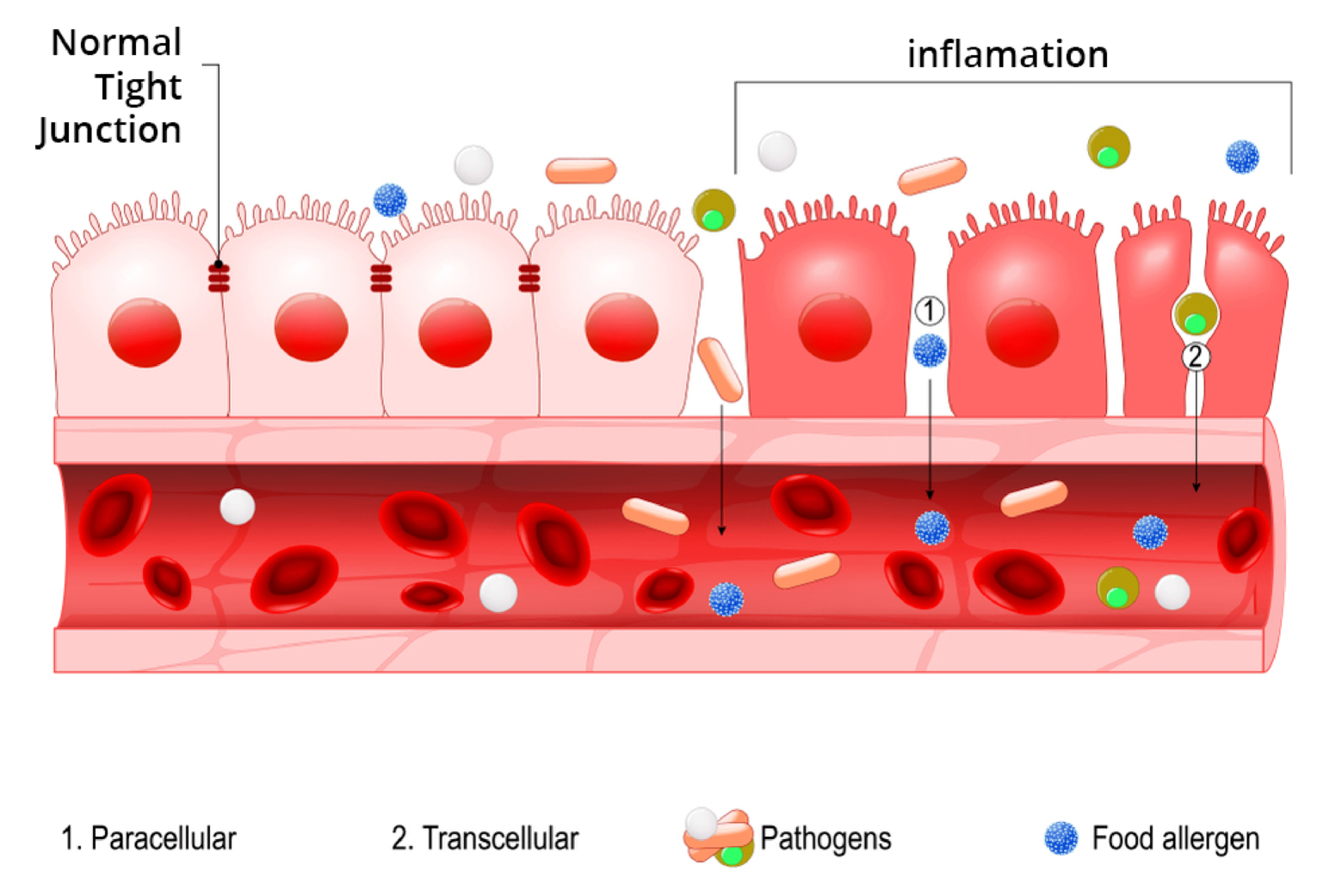
- Leaky Gut Syndrome (LGS)
- Irritable Bowel Syndrome
- Obesity
Leaky gut syndrome is a condition where the intestinal lining develops large cracks or holes that allow partially digested food, toxins, and other substances to leak into the bloodstream. Imbalances in the gut microbiota can trigger gut inflammation and increase intestinal permeability, which can lead to LGS.
The overgrowth of bad bacteria can irritate the gastrointestinal tract, which can lead to irritable bowel syndrome.
A loss of bacterial diversity, such as when bad bacteria overtakes the gut, can lead to obesity. Some beneficial bacteria helps digest fats, and the loss of these strains can lead to a dysfunctional metabolism.
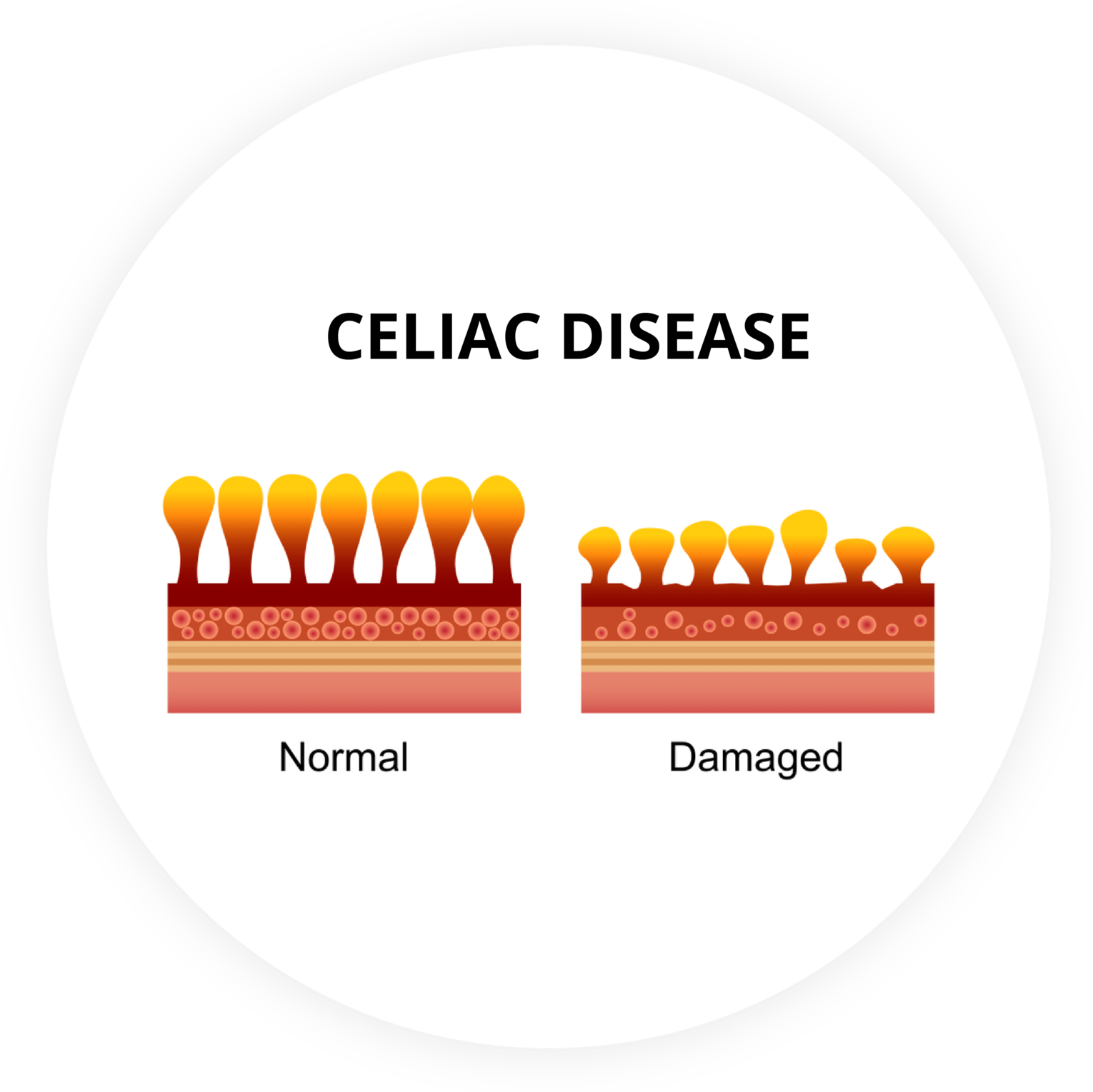
- Celiac Disease
- Skin conditions, such as eczema
Celiac disease is an autoimmune disorder in which a person is intolerant to gluten. Celiac disease is associated with the alteration of the gut microbiome, and some studies have found that treating patients with beneficial bacteria helped manage their celiac disease.
Some studies have suggested that an imbalanced gut can manifest through skin infections such as eczema, which may be explained as an inflammatory response to the overgrowth of bad bacteria in the gut.
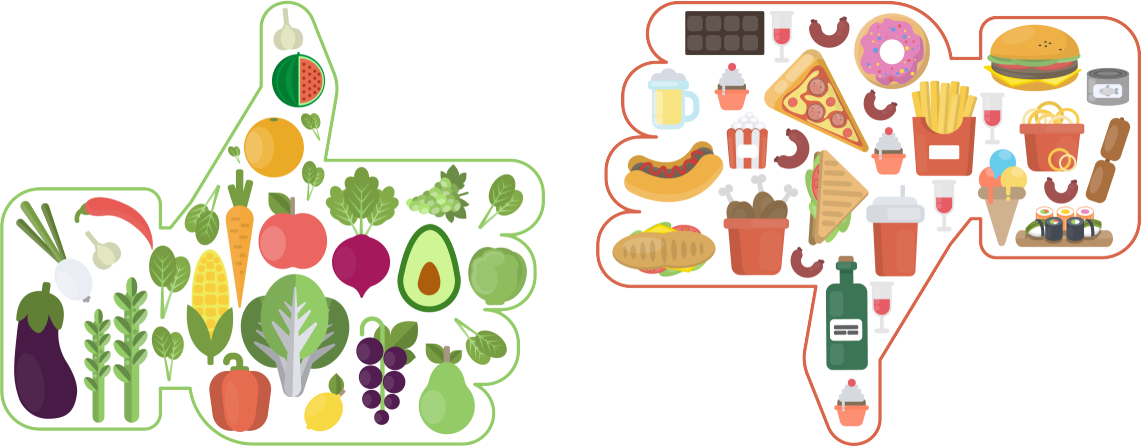
But how does this happen exactly?
The number one culprit of bad bacterial overgrowth is an unhealthy diet filled with sugar and unhealthy fats. Unfortunately, these high sugar and fatty diets are common nowadays due to the popularity of processed food and fast-food chains. And these bad bacteria love sugar – after all, it’s their main source of energy. It’s also the reason why eating too many sweets will give you a toothache!
To prevent the overgrowth of bad bacteria, one must foster a healthy environment for good bacteria to thrive in the gut. One of the best ways to do this is by eating the right food, especially those that are high in fiber – many of which are main ingredients of AlphaCleanse capsules.
The Benefits of A Healthy Gut

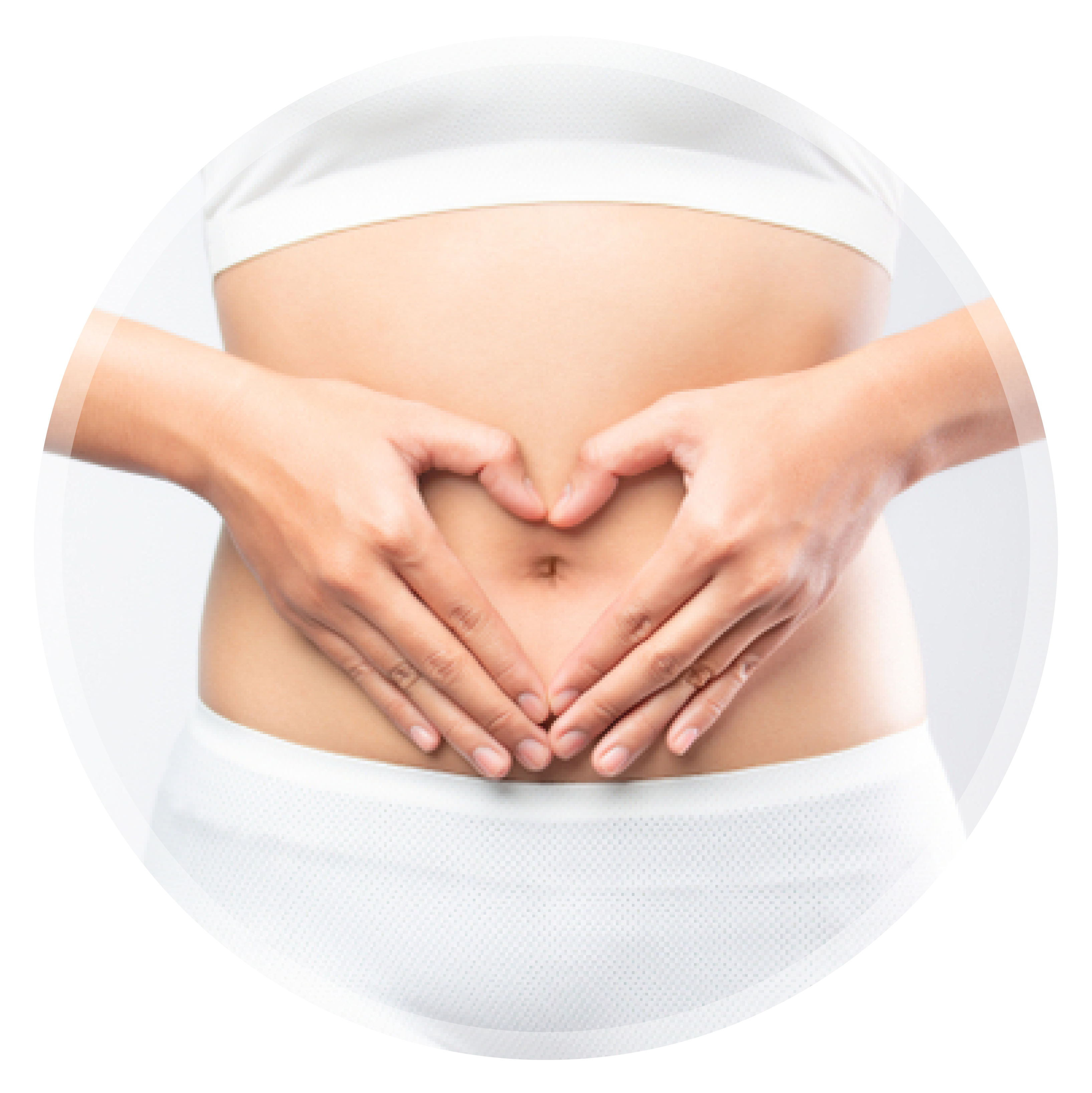
By treating your gut right, your body will gain benefits that aren’t just limited to the digestive system. The impact of your gut health is more widespread and systemic that one might think.
Here are some of the various ways your gut health benefits your overall wellbeing.
It Can Boost Your Immune System
Scientists have found that the gut microbiome influences how the immune system works by directly communicating with immune cells. In fact, an imbalanced gut can cause the gut to behave irregularly, which can lead to the development of autoimmune disorders.8
Additionally, the good microbes in your gut microbiome help keep infections at bay by fighting off disease-causing bacteria, as well as preventing them from sticking to your intestinal walls.9


It Can Aid Weight Loss And Maintenance
If you’re having trouble losing weight, it could be due to poor gut health.
Several studies have found that people who are obese or overweight have a less diverse gut bacteria than those who sustain a normal weight. For instance, obese individuals were found to have a less favorable gut microbiota than their non-obese twins.10
On the other hand, people who had high fiber intake were observed to have lower body weight.11
This is because prebiotics, which are dietary fibers that the human body cannot digest on its own, serve as food for the beneficial probiotics. Probiotics are what we call the beneficial bacteria that reside in our gut. These probiotics can also be acquired from fermented food.
In return, these beneficial bacteria help your body break down fats, fibers, and other substances that is harder for the body to digest. Therefore, cultivating a diverse and balanced gut microbiome can help control the storage of fat, thus preventing excessive weight gain.12


A Healthy Gut Equals Better Mental Health
Certain strains of gut bacteria produce neurotransmitters, which are chemicals that serve as messengers of the brain to the other parts of your body.
For example, one of the many neurotransmitters produced in the gut is serotonin, which is popularly known as the “feel good hormone”.13 Serotonin stabilizes the mood and regulates feelings of happiness and anxiety.
This is what experts call the gut-brain connection – a troubled gut will send signals of distress to the brain, and a distressed brain will likewise send distress signals to the gut.
This intimate connection between the gut and brain is also the reason why you’ll often feel “butterflies” in your stomach when you’re anxious!
Plenty of studies have also found that people diagnosed with various psychological disorders have different species of gut bacteria compared to those who have none.14


One study also found that certain probiotics can help improve symptoms of depression along with other various mental health disorders, which suggest that the gut bacteria does indeed play a crucial role in regulating mental health.15
May Help Control Blood Sugar Levels
Researchers have also found that the gut has control over our blood sugar levels. The hormones produced by certain strains of gut bacteria are responsible for modulating glucose levels in the blood in response to changes such as food intake or exercise.16
It Can Help Protect Heart Health
The gut microbiome affects your heart health in both ways. First, certain unhealthy strains of bacteria in the gut can contribute to heart disease by producing a chemical that contributes to artery blockage.17
On the other hand, certain strains of beneficial bacteria can help reduce the risk of heart disease by reducing cholesterol levels.18
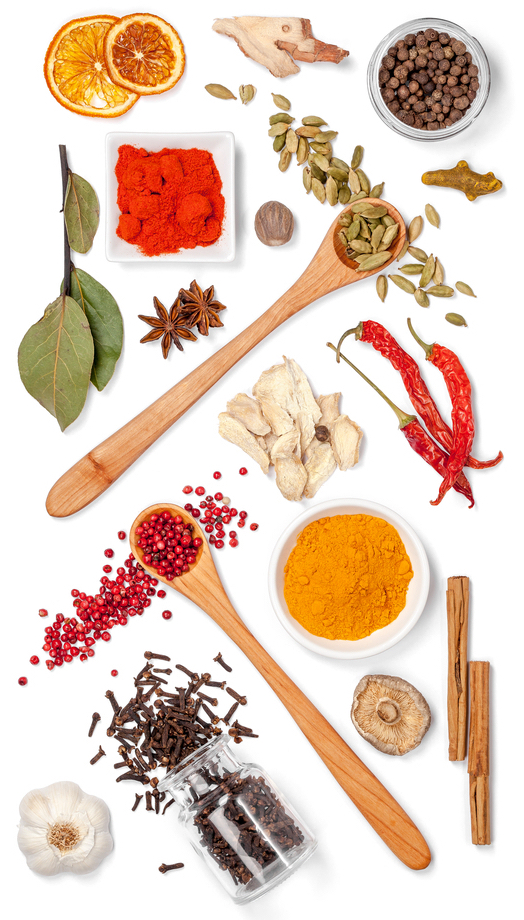
The Power of Organic Ingredients
It isn’t enough that AlphaCleanse is made from nutrient-packed ingredients. We’ve also made sure that our ingredients are 100% organic to deliver the purest nutrition possible.
Unlike non-organic products, our ingredients were not exposed to potentially harmful compounds, such as pesticides, herbicides, fertilizers, growth hormones, and irradiation.
Although these synthetic compounds can make food appear aesthetically pleasing and prolong its shelf life, these compounds can also affect your body negatively — especially when it comes to gut health!
Pesticides and other environmental toxins are known to disrupt the balance within the gut microbiome. By accumulating these toxins within your system over time, your gut health will become weakened. This creates a negative chain reaction among the organ systems that work closely with your gut.19, 20
Thus, it is important to use naturally and sustainably sourced ingredients to maximize the potential health benefits that you can get out of every capsule. Organic products are better for the environment, too!
Shop AlphaCleanseInside AlphaCleanse
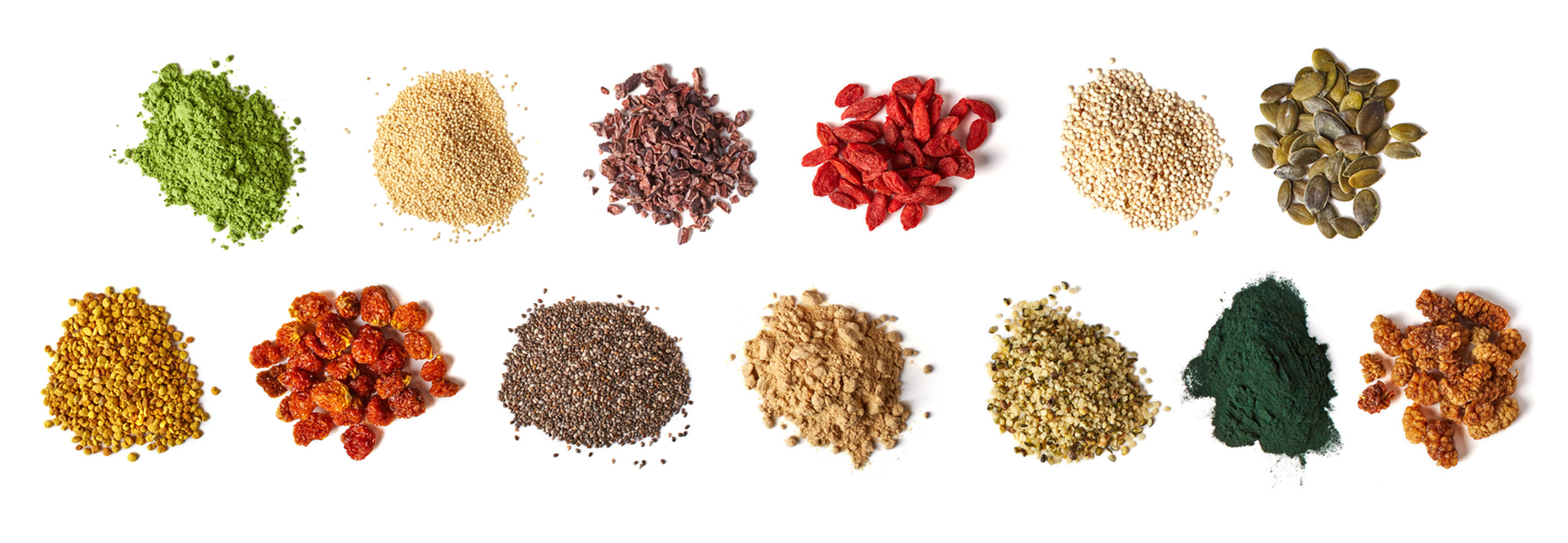
AlphaCleanse was thoughtfully formulated with the goal of promoting your gut health.
Some of our ingredients are considered prebiotics (not to be confused with probiotics, which are the beneficial bacteria), which are indigestible fibers that serves as food for the friendly bacteria in your gut microbiome. By supplementing your gut with these prebiotics, you’re allowing the beneficial bacteria to flourish, which helps keep your gut happily balanced.
Other ingredients, while not prebiotics, can also aid gut health through their antimicrobial, antioxidant, and detoxifying properties. Some ingredients also contain compounds that can help soothe common stomach troubles. These organically sourced ingredients can help you nurture a favorable environment for your digestive health.
Shop AlphaCleanseHere’s what you’re getting out of every capsule:
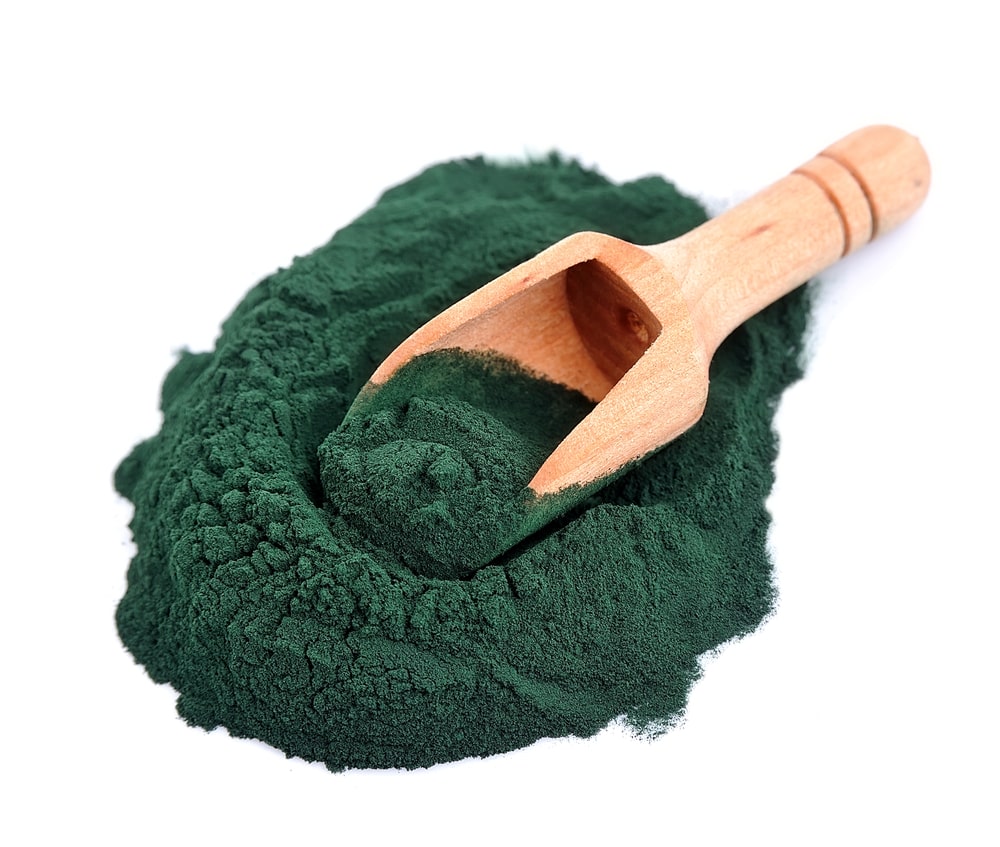
Spirulina
Spirulina is a type of blue-green algae has become a celebrated superfood. This impressive algae can help promote the growth of beneficial gut bacteria and maintain a balanced microbiota. Spirulina also has antitoxic properties that could help flush out.
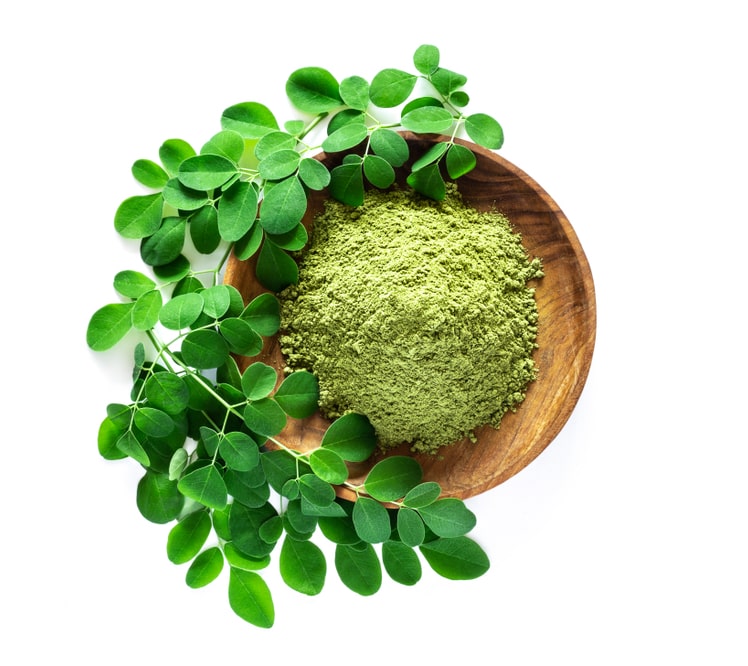
Moringa Leaf
The moringa tree is often dubbed the “miracle tree” for its exceptional nutritional content and drought resistance. Moringa leaves contain fiber and antimicrobial compounds that can help promote the growth of beneficial gut bacteria. Moringa can also help alleviate symptoms and conditions associated with a troubled gut, such as bloating, gas, gastritis, and ulcerative colitis.22, 23
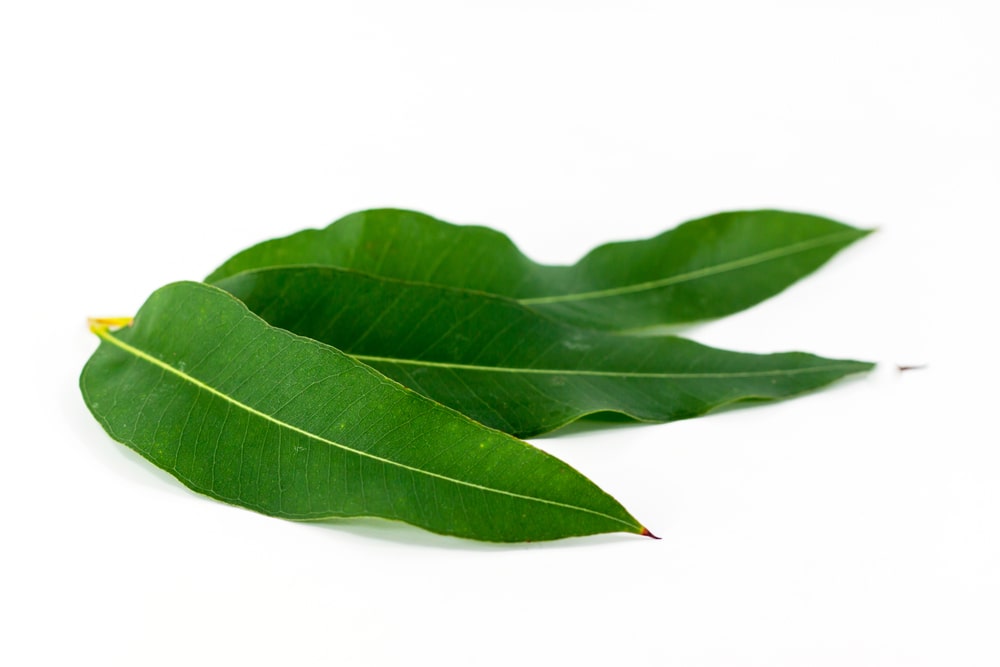
Eucalyptus Leaf
Aside from being used to make toothpaste, eucalyptus is often used for medicinal purposes especially for respiratory conditions. With its strong antimicrobial properties, eucalyptus can help increase the quality of gut microbiota.24
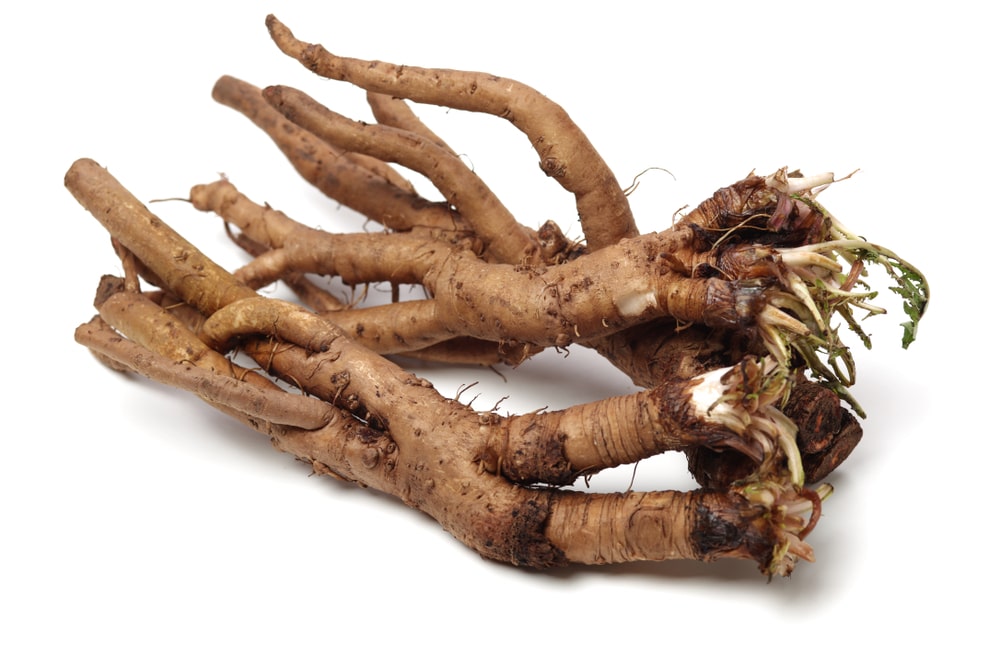
Dandelion Root
Dandelions are not just another weed – it’s a plant that has been revered for its healing properties in centuries-old traditional herbal medicine. Dandelion root contains inulin, a type of fiber that promotes the growth of healthy gut bacteria. Dandelions also contain soothing compounds that can help alleviate minor digestive problems and relieve constipation.25
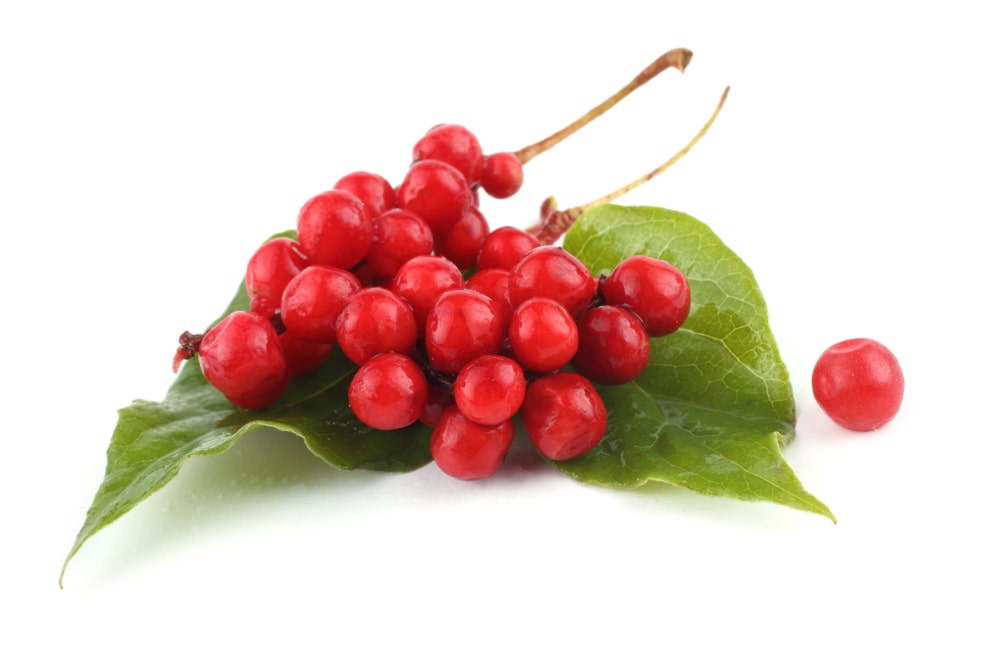
Schisandra Berry
The Schisandra is a plant native to Northeast Asia, where it is traditionally used for medicinal purposes. In traditional Chinese medicine, Schisandra berry is considered an “adaptogen”, which means that it increases the body’s ability to withstand the damaging effects of stress and maintain normal physiological functioning. Some studies also suggest that the consumption of Schisandra berry may have a positive effect on beneficial gut bacteria.27
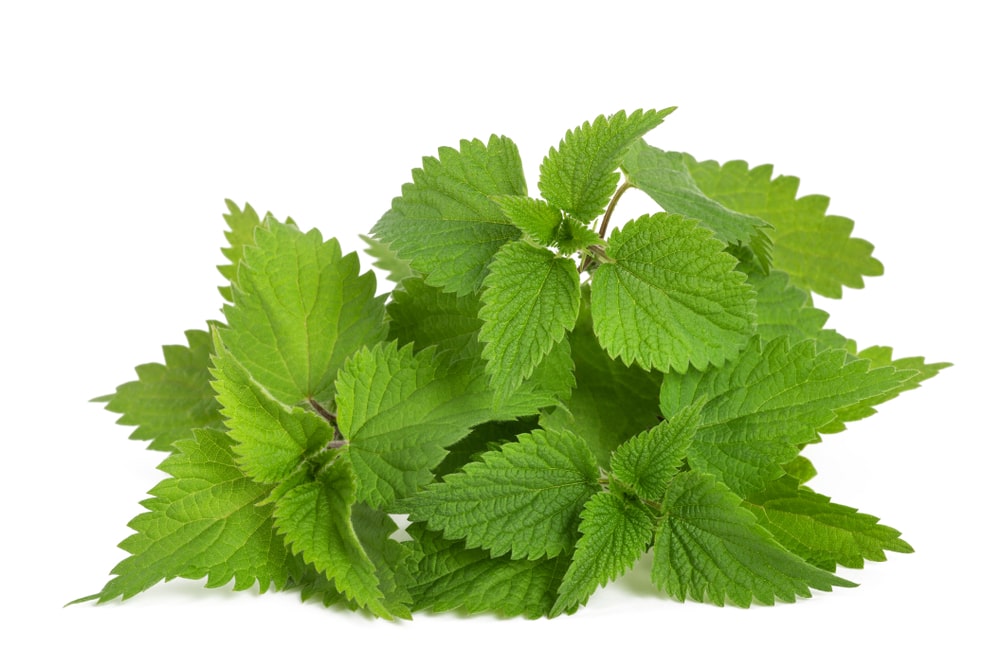
Nettle Leaf
Nettle leaves may sting upon touch, but it packs a ton of beneficial compounds that have made it a popular herbal remedy for thousands of years. Nettle tea has strong anti-inflammatory properties that can help prevent excessive inflammation in the gut which promotes the growth of harmful bacteria. Nettle leaves are also known to have anti-ulcer activity and can hinder excess stomach acid secretion.28, 29
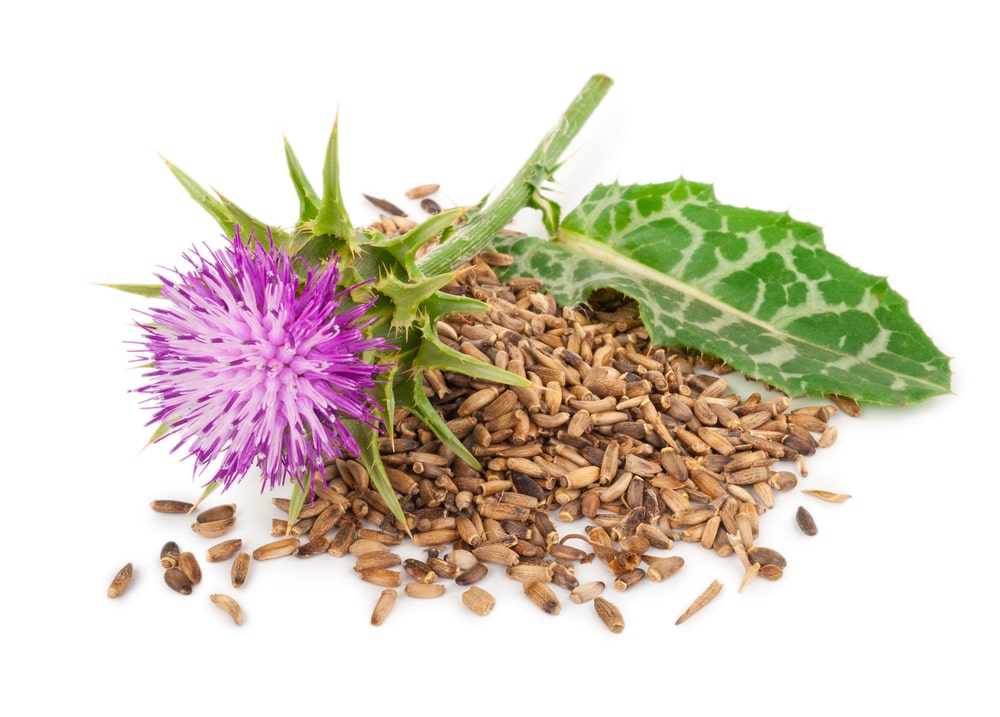
Milk Thistle
Milk thistle is another popular herbal remedy that is best known for being rich in silymarin, a plant compound that has liver-protective effects. Milk thistle can help your gut health by facilitating digestion.30
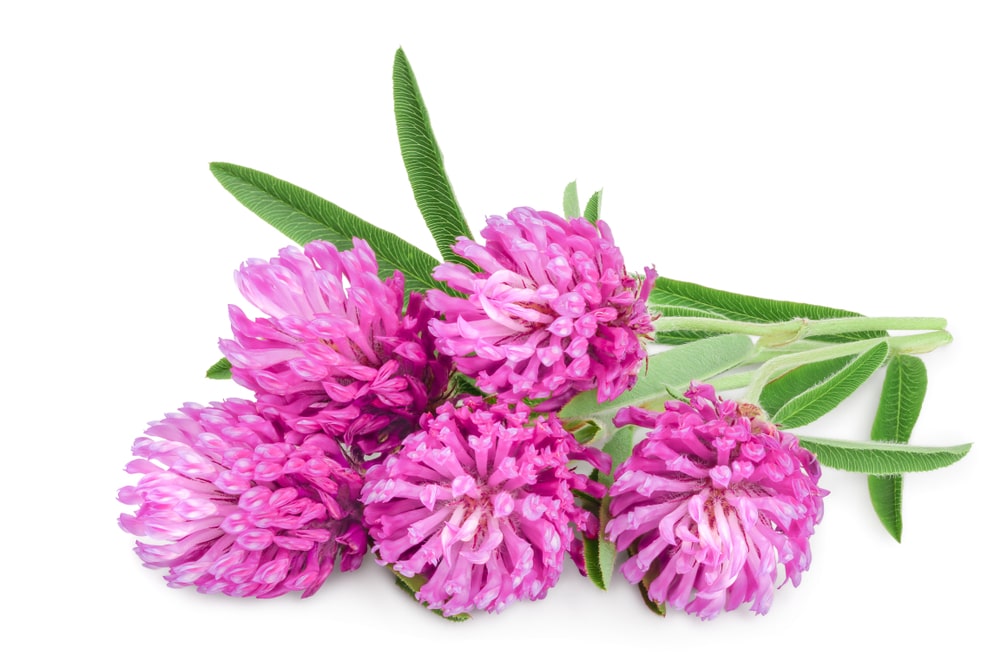
Red Clover Herb
Red clover is a wild flowering plant that had been widely used in traditional medicine to treat a wide range of conditions. While it is mostly used for treating menstrual and menopausal symptoms, red clover can also aid gut health by promoting a healthy digestion.31
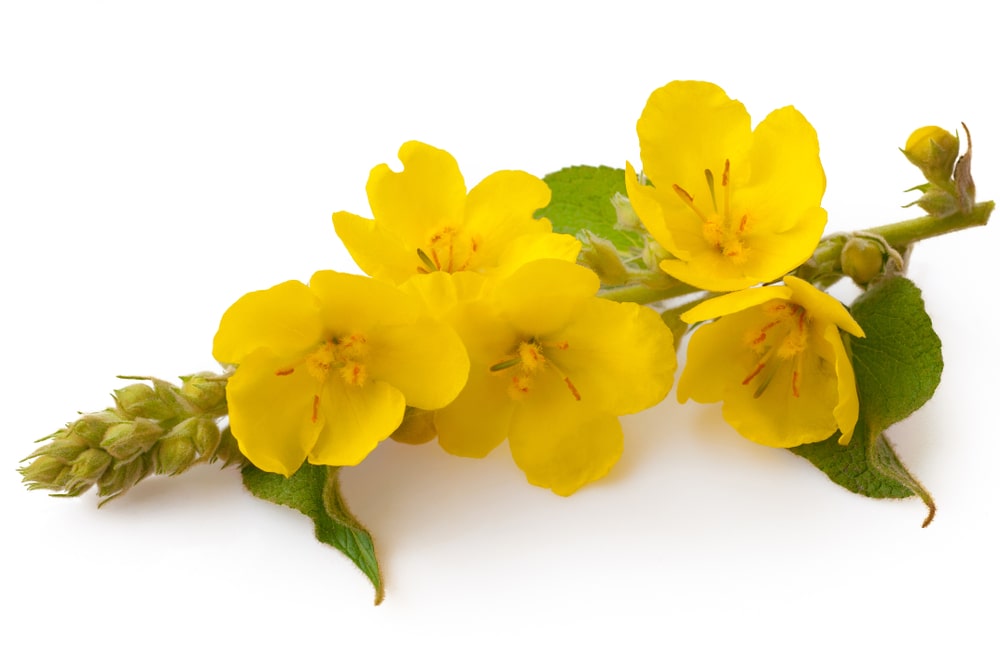
Mullein Leaf
Mullein leaf is another popular herbal remedy that has been around for thousands of years. It has strong antibacterial properties that has made it an effective remedy for stomach problems. Mullein leaf is also used to treat skin conditions like eczema, which can arise from an unhealthy gut.32
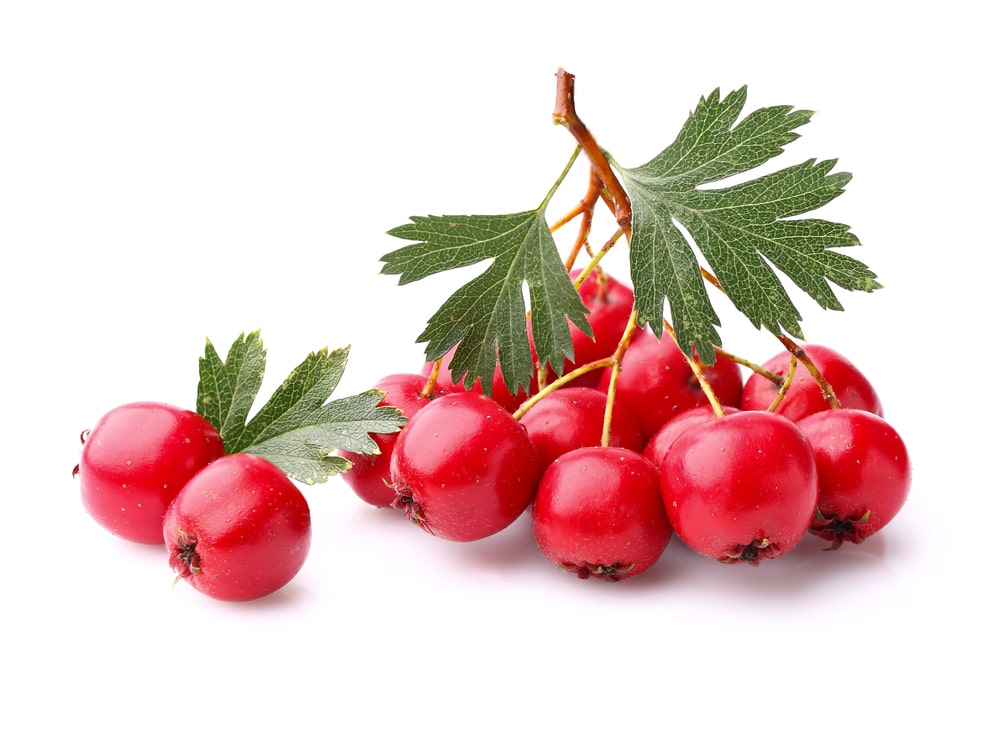
Hawthorn Berry
Hawthorn berry is a bright red fruit that has long been used as an herbal remedy in traditional Chinese medicine. It’s filled with fiber which feeds the good bacteria in your gut microbiome and stimulates proper digestion. It also has strong antioxidant and anti-inflammatory properties that can further prevent stomach problems.33
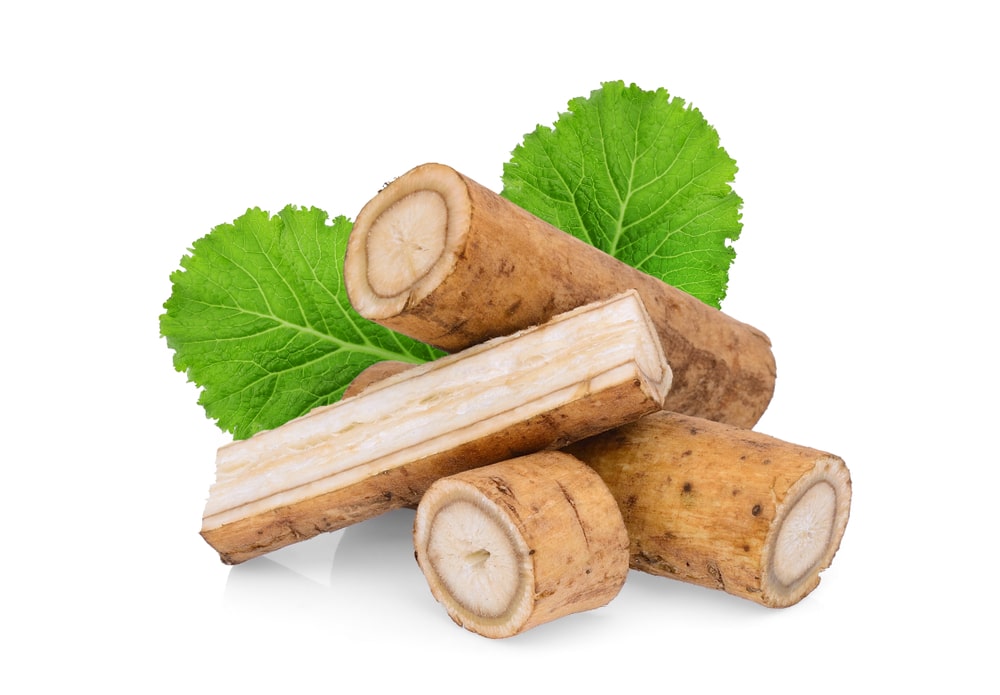
Burdock Root
Burdock root is a vegetable native to Northern Asia and Europe. Traditionally, burdock root is used as a digestive aid and a diuretic, which helps purify the body of toxins. Burdock root also contains inulin, a dietary fiber that serves as food for the good bacteria living in your gut.34

Try AlphaCleanse
AlphaCleanse is the first step to flushing environmental toxins from the body and replenishing it with essential nutrients. With each tiny capsule, you're getting 12 organic, liver-flushing, toxin-busting, and fat-burning superfoods.
Shop AlphaCleanse- Harvard Health Publishing. (2016, October) Can gut bacteria improve your health? Retrieved on February 17, 2021, from https://www.health.harvard.edu/staying-healthy/can-gut-bacteria-improve-your-health
- Sethi, S. (2019, August 21) What to know about leaky gut syndrome. Retrieved on February 19, 2021, from https://www.medicalnewstoday.com/articles/326117
- Morris, G., Berk, M., F Carvalho, A., R Caso, J., Sanz, Y., & Maes, M. (2016). The role of microbiota and intestinal permeability in the pathophysiology of autoimmune and neuroimmune processes with an emphasis on inflammatory bowel disease type 1 diabetes and chronic fatigue syndrome. Current pharmaceutical design, 22(40), 6058-6075. https://doi.org/10.2174/1381612822666160914182822
- Menees, S., & Chey, W. (2018). The gut microbiome and irritable bowel syndrome. F1000Research, 7, F1000 Faculty Rev-1029. https://doi.org/10.12688/f1000research.14592.1
- Romieu, I., Dossus, L., & Willett, W. (2017) Energy Balance and Obesity. International Agency for Research on Cancer.
- Girbovan, A., Sur, G., Samasca, G., & Lupan, I. (2017). Dysbiosis a risk factor for celiac disease. Medical microbiology and immunology, 206(2), 83–91. https://doi.org/10.1007/s00430-017-0496-z
- Kim, J. E., & Kim, H. S. (2019). Microbiome of the Skin and Gut in Atopic Dermatitis (AD): Understanding the Pathophysiology and Finding Novel Management Strategies. Journal of clinical medicine, 8(4), 444. https://doi.org/10.3390/jcm8040444
- Zhang, Y. J., Li, S., Gan, R. Y., Zhou, T., Xu, D. P., & Li, H. B. (2015). Impacts of gut bacteria on human health and diseases. International journal of molecular sciences, 16(4), 7493–7519. https://doi.org/10.3390/ijms16047493
- Wu, H. J., & Wu, E. (2012). The role of gut microbiota in immune homeostasis and autoimmunity. Gut microbes, 3(1), 4–14. https://doi.org/10.4161/gmic.19320
- Chenoll, E., Casinos, B., Bataller, E., Astals, P., Echevarría, J., Iglesias, J. R., Balbarie, P., Ramón, D., & Genovés, S. (2011). Novel probiotic Bifidobacterium bifidum CECT 7366 strain active against the pathogenic bacterium Helicobacter pylori. Applied and environmental microbiology, 77(4), 1335–1343. https://doi.org/10.1128/AEM.01820-10
- Turnbaugh, P. J., Hamady, M., Yatsunenko, T., Cantarel, B. L., Duncan, A., Ley, R. E., Sogin, M. L., Jones, W. J., Roe, B. A., Affourtit, J. P., Egholm, M., Henrissat, B., Heath, A. C., Knight, R., & Gordon, J. I. (2009). A core gut microbiome in obese and lean twins. Nature, 457(7228), 480–484. https://doi.org/10.1038/nature07540
- Slavin J. L. (2005). Dietary fiber and body weight. Nutrition (Burbank, Los Angeles County, Calif.), 21(3), 411–418. https://doi.org/10.1016/j.nut.2004.08.018
- Bäckhed, F., Ding, H., Wang, T., Hooper, L. V., Koh, G. Y., Nagy, A., Semenkovich, C. F., & Gordon, J. I. (2004). The gut microbiota as an environmental factor that regulates fat storage. Proceedings of the National Academy of Sciences of the United States of America, 101(44), 15718–15723. https://doi.org/10.1073/pnas.0407076101
- O'Mahony, S. M., Clarke, G., Borre, Y. E., Dinan, T. G., & Cryan, J. F. (2015). Serotonin, tryptophan metabolism and the brain-gut-microbiome axis. Behavioural brain research, 277, 32–48. https://doi.org/10.1016/j.bbr.2014.07.027
- Rogers, G. B., Keating, D. J., Young, R. L., Wong, M. L., Licinio, J., & Wesselingh, S. (2016). From gut dysbiosis to altered brain function and mental illness: mechanisms and pathways. Molecular psychiatry, 21(6), 738–748. https://doi.org/10.1038/mp.2016.50
- Pinto-Sanchez, M. I., Hall, G. B., Ghajar, K., Nardelli, A., Bolino, C., Lau, J. T., Martin, F. P., Cominetti, O., Welsh, C., Rieder, A., Traynor, J., Gregory, C., De Palma, G., Pigrau, M., Ford, A. C., Macri, J., Berger, B., Bergonzelli, G., Surette, M. G., Collins, S. M., ... Bercik, P. (2017). Probiotic Bifidobacterium longum NCC3001 Reduces Depression Scores and Alters Brain Activity: A Pilot Study in Patients With Irritable Bowel Syndrome. Gastroenterology, 153(2), 448–459.e8. https://doi.org/10.1053/j.gastro.2017.05.003
- Krisko, T. (2020, February 20) Gut Microbiome Controls Blood Glucose Levels Through the Liver. Retrieved on February 18, 2021, from https://news.weill.cornell.edu/news/2020/02/gut-microbiome-controls-blood-glucose-levels-through-the-liver
- Wang, Z., Klipfell, E., Bennett, B. J., Koeth, R., Levison, B. S., Dugar, B., Feldstein, A. E., Britt, E. B., Fu, X., Chung, Y. M., Wu, Y., Schauer, P., Smith, J. D., Allayee, H., Tang, W. H., DiDonato, J. A., Lusis, A. J., & Hazen, S. L. (2011). Gut flora metabolism of phosphatidylcholine promotes cardiovascular disease. Nature, 472(7341), 57–63. https://doi.org/10.1038/nature09922
- Shimizu, M., Hashiguchi, M., Shiga, T., Tamura, H. O., & Mochizuki, M. (2015). Meta-Analysis: Effects of Probiotic Supplementation on Lipid Profiles in Normal to Mildly Hypercholesterolemic Individuals. PloS one, 10(10), e0139795. https://doi.org/10.1371/journal.pone.0139795
- Tu, P., Chi, L., Bodnar, W., Zhang, Z., Gao, B., Bian, X., Stewart, J., Fry, R., & Lu, K. (2020). Gut Microbiome Toxicity: Connecting the Environment and Gut Microbiome-Associated Diseases. Toxics, 8(1), 19. https://doi.org/10.3390/toxics8010019
- Finamore, A., Palmery, M., Bensehaila, S., & Peluso, I. (2017). Antioxidant, immunomodulating, and microbial-modulating activities of the sustainable and ecofriendly spirulina. Oxidative medicine and cellular longevity, 2017. https://doi.org/10.1155/2017/3247528
- Elabd, E., Morsy, S. M., & Elmalt, H. A. (2018). Investigating of Moringa Oleifera Role on Gut Microbiota Composition and Inflammation Associated with Obesity Following High Fat Diet Feeding. Open access Macedonian journal of medical sciences, 6(8), 1359–1364. https://doi.org/10.3889/oamjms.2018.313
- Minaiyan, M., Asghari, G., Taheri, D., Saeidi, M., & Nasr-Esfahani, S. (2014). Anti-inflammatory effect of Moringa oleifera Lam. seeds on acetic acid-induced acute colitis in rats. Avicenna journal of phytomedicine, 4(2), 127–136.
- Li, W., Zhang, X., He, Z., Chen, Y., Li, Z., Meng, T., ... & Cao, Y. (2020). In vitro and in vivo antioxidant activity of eucalyptus leaf polyphenols extract and its effect on chicken meat quality and cecum microbiota. Food Research International, 136, 109302.
- McCabe, L., Britton, R. A., & Parameswaran, N. (2015). Prebiotic and Probiotic Regulation of Bone Health: Role of the Intestine and its Microbiome. Current osteoporosis reports, 13(6), 363–371. https://doi.org/10.1007/s11914-015-0292-x
- Smith, A. H., & Mackie, R. I. (2004). Effect of condensed tannins on bacterial diversity and metabolic activity in the rat gastrointestinal tract. Applied and environmental microbiology, 70(2), 1104–1115. https://doi.org/10.1128/aem.70.2.1104-1115.2004
- Song, M. Y., Wang, J. H., Eom, T., & Kim, H. (2015). Schisandra chinensis fruit modulates the gut microbiota composition in association with metabolic markers in obese women: a randomized, double-blind placebo-controlled study. Nutrition research (New York, N.Y.), 35(8), 655–663. https://doi.org/10.1016/j.nutres.2015.05.001
- Breus, M. (2020, January 8) 8 Surprising Health Benefits of Nettle Tea. Retrieved on February 18, 2021, from https://www.thehealthy.com/home-remedies/nettle-tea-benefits/
- Link, R. (2019, September 20) Milk Thistle: Good for the Liver or Too Many Side Effects? Retrieved on February 18, 2021, from https://draxe.com/nutrition/milk-thistle-benefits/
- Levy, J. (2020, January 10) Red Clover Benefits for Menopause, Bone and Heart Health. Retrieved on February 18, 2021, from https://draxe.com/nutrition/red-clover/#Health_Benefits
- Price, A. (2020, January 31) Mullein: The Herb that Fights Infections and Inflammation. Retrieved on February 18, 2021, from https://draxe.com/nutrition/mullein/
- Shoemaker, S. (2019, August 26) 9 Impressive Health Benefits of Hawthorn Berry. Retrieved on February 18, 2021 from https://www.healthline.com/nutrition/hawthorn-berry-benefits
- Moro, T. M. A., Celegatti, C. M., Pereira, A. P. A., Lopes, A. S., Barbin, D. F., Pastore, G. M., & Clerici, M. T. P. S. (2018). Use of burdock root flour as a prebiotic ingredient in cookies. LWT, 90, 540-546. https://doi.org/10.1016/j.lwt.2017.12.059
